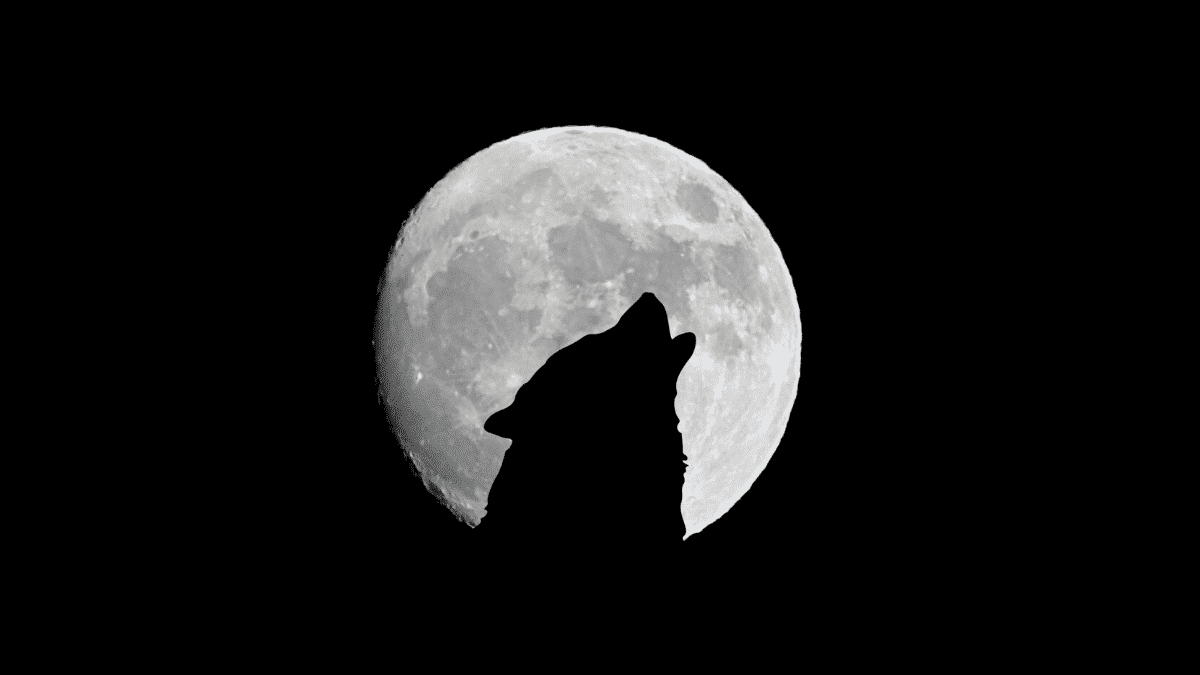The Copyright War in Wolf-Kink Erotica
When a trope becomes more than a trope...

A recent article by Alexandra Alter at the New York Times drew attention to a copyright battle that has divided the wolf-kink erotica scene.
The story pits two authors, whose pen names are Addison Cain and Zoey Ellis, head-to-head both professionally and legally in a fight about allegations of plagiarism and copyright abuse.
While the story might seem very niche and unimportant, it actually points to a major problem that authors are going to face. As more authors make the jump from amateur writing to commercial publication, the past they built upon can create copyright problems.
After all, the worlds of fan fiction and amateur erotica are much more forgiving on matters of copyright than the world of commercial publishing. Trying to translate things that are perfectly normal in amateur spaces to the commercial world is not going to be a smooth process.
As such, this war is an important story for every author to be aware of because it is not an outlier, but an indication of the direction the copyright battle lines are moving.
Copyright Abuse, Plagiarism Allegations and the Omegaverse

The story starts with the author Addison Cain. Though she only began publishing in 2016, she quickly rose to become a star in the sub-genre of “wolf-kink erotica” and currently has dozens of books available on Amazon.
Though she got her start in fan fiction, she moved to do original work and even repurposed many of her fan fiction stories by removing all of the copyright-protected elements and characters. This is a similar technique as was used by E.L. James when she turned her Twilight fan fiction into Fifty Shades of Grey.
Sometime in 2018, Cain caught wind of another author, Zoey Ellis, that was writing and publishing similar erotica. After analyzing some of her stories, Cain determined that they were plagiarisms of her work and compelled her publisher, Blushing Books, to file Digital Millennium Copyright Act (DMCA) takedown notices against them.
With her books suddenly removed, Ellis spent months fighting the takedowns and getting her works restored. According to Ellis, while there were many overlaps between the books, the similarities were not original to either set of works. Instead, they are attributed to the Omegaverse, which is a set of tropes that was created by the wolf-kink erotica community over the course of thousands of pieces of writing.
Stories set inside the Omegaverse feature a hierarchy of characters that includes dominant alphas and submissive omegas. It also sets up norms for romance in these stories including a heavy emphasis on pheromones and “claim marks” that involve an alpha biting an omega on the neck.
Though Ellis was able to get the books restored, she worried about lost sales and about how the allegations of plagiarism might mar her reputation and career. As such, she filed a lawsuit against both Cain and Blushing Books over alleged misuse of the DMCA.
Blushing Books, for their part, has already settled the case leaving the matter solely between Cain and Ellis. However, according to the New York Times, Cain has struggled with her defense. During a deposition, she failed to cite one example of overlap not covered by the Omegaverse despite claiming that such similarities existed.
Ultimately, it will likely be for the court to decide as neither seem willing to settle at this point.
Why This Story is Important
On the surface this might seem like a feud between two authors in a niche sub-genre of writing. However, it’s actually representative of a much larger problem that could impact a wide variety of authors.
Though the original New York Times article erroneously states that fan fiction is legal if it’s not commercial, it is correct in spirit. Fan fiction almost always creates a derivative work, making it a potential infringement. However, most authors tolerate non-commercial fan fiction either seeing it as helpful or at least not harmful enough to go to war with their own fanbase. Some, such as Star Trek, allow it directly.
Others, however, take Anne Rice’s path and do not allow fan fiction of their work at all and actively seek to get it removed.
Still, non-commercial fan fiction is both well-tolerated and extremely popular. As such, more and more authors are making the jump from either fan fiction or other amateur-led author communities, such as the Omegaverse, to professional publishing.
This jump brings with it a unique set of problems. Authors can only own elements of their work that are both protectable by copyright and original to them. When you bring in significant elements from an outside source, whether a preexisting work or tropes within a genre, you can not control those elements.
What this does is make the copyright the author has in the work increasingly thin and makes it so that increasingly similar works to it are not infringements.
Say, for example, two authors wrote in the same sub-genre of Harry Potter fan fiction. If they both altered their piece to make them available for commercial publication, they would likely still share many of the same elements. However, neither would be able to claim ownership of those elements.
Copyright was designed to protect original works of authorship. The less original those works become, the more copyright is going to struggle.
To make matters worse, as was noted in the original article, there is surprisingly little case law in this area. Fan fiction has not been heavily litigated and the times that it has pitted the original creator against the fan, not two fans against each other.
In many ways, this is a new frontier for both authors and the courts and it’s going to be a while before either have a firm understanding of what is going on.
Bottom Line
In the end, it seems pretty clear that Cain overstepped with her DMCA notices. Whether it rises to the level of a false DMCA notice remains to be seen, but it’s pretty clear there was no infringement and it stands to reason Cain should have known it. The fact that her publisher settled drives the point home.
But no matter how this ends, this is just the first round. Plagiarism squabbles have long been a part of fan fiction communities but, as authors move from online forums to published works, those battles are going to go from being online dramas to actual court cases.
All of this is owed to the fact that fan fiction and amateur writing communities have become a legitimate path to professional success as a writer. Though this was largely unthinkable just 10 years ago, it’s now very much the norm.
However, the past doesn’t always stay in the past and, as authors become more territorial and protective of their livelihoods, cases like this will continue to grow. Hopefully, both courts and authors catch up to this issue quickly.
Want to Reuse or Republish this Content?
If you want to feature this article in your site, classroom or elsewhere, just let us know! We usually grant permission within 24 hours.
